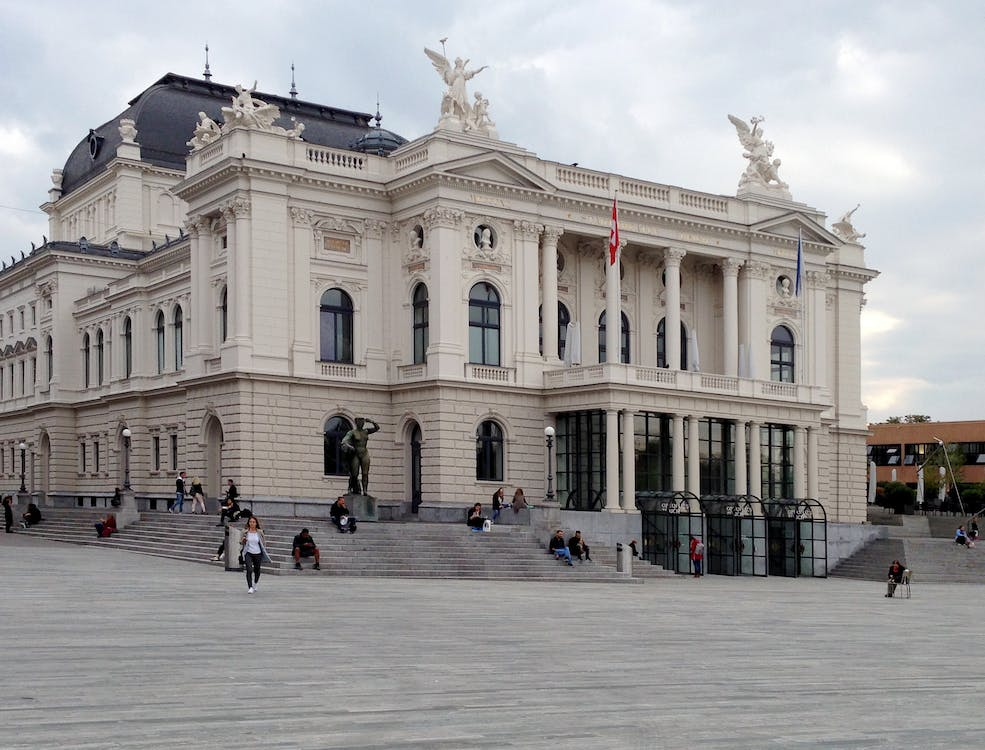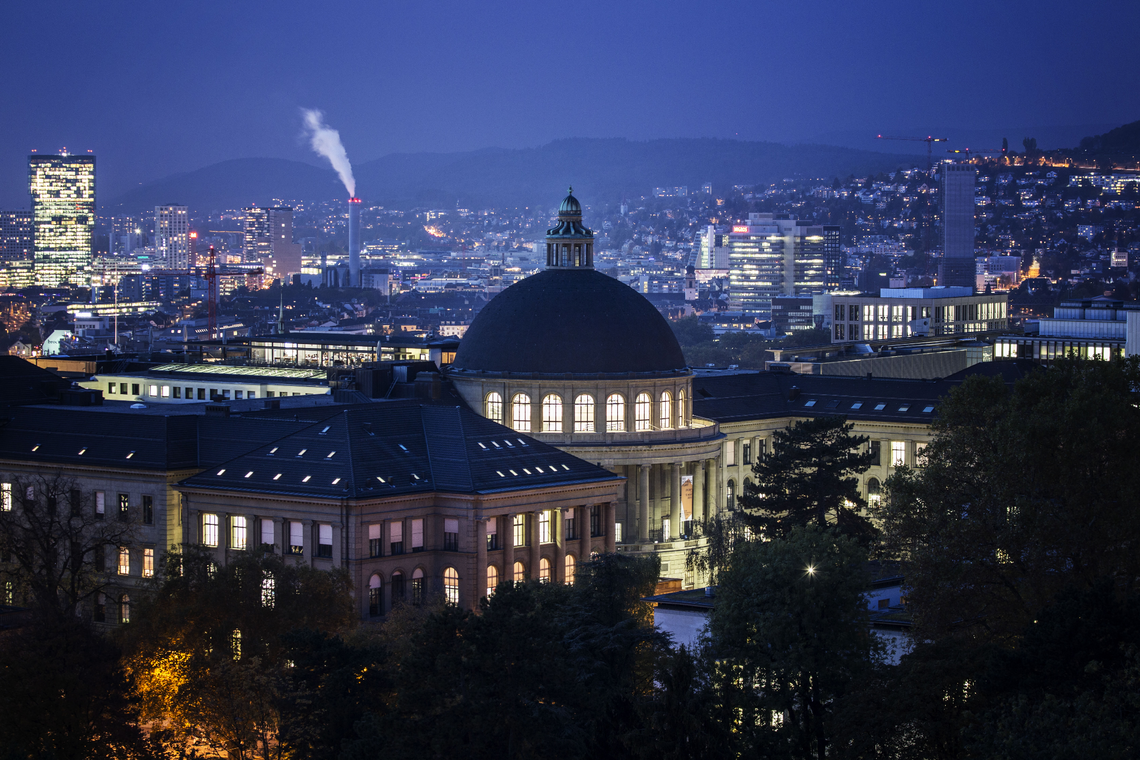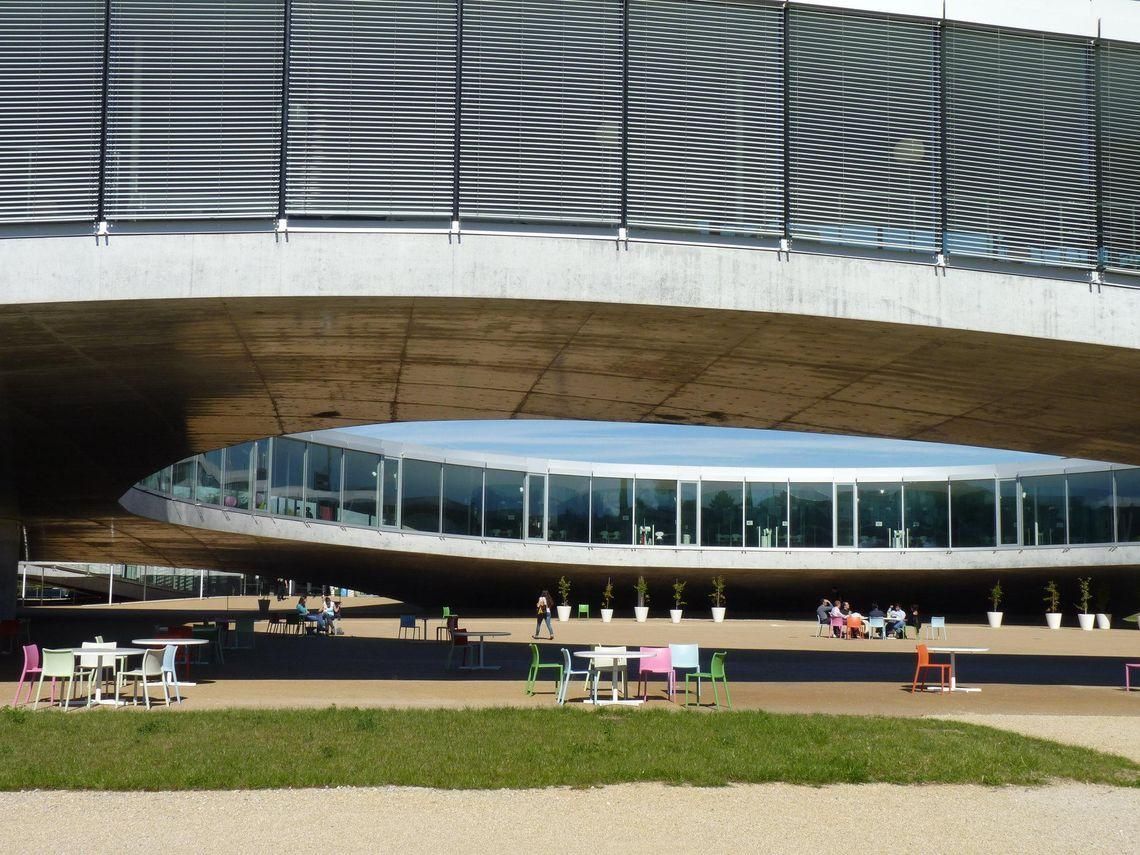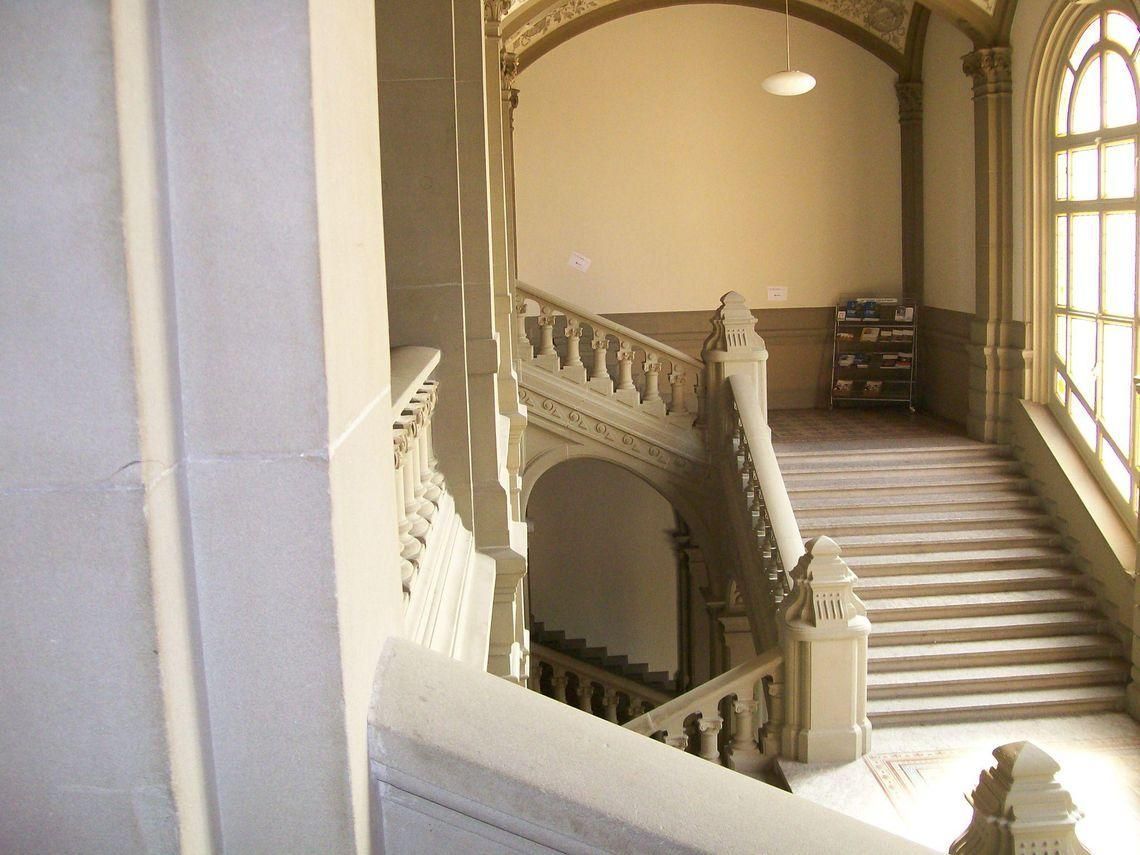Apply to a foreign university with confidence
- Properly fulfilled documents
- Perfect motivation letter
- Support from a personal mentor
- Offers from several universities
Article score: 4 out of 5 (1 review)
Everything about admission to Swiss universities: tuition, MBA programs, pros and cons and many more
Free consultation




It is no coincidence that universities in Switzerland are considered prestigious: they are known for high academic teaching quality, a flexible approach to training, a variety of programs and specialties. Study in these universities combines the tradition of the British system, innovation and hands-on approach of German education and democratic nature of French institutions.
Items 1-6 of 195
Advanced search
| Type of study | Age | Duration | Min. cost | Avg. cost | Language requirements |
|---|---|---|---|---|---|
| Preparation for university | 17+ | 1-2 semesters | 2,071 USD/year | 4,873 USD/year | Test DAF 4 / DELF / CELI B1 |
| Bachelor's | 18+ | 3-4 years | 853 USD/year | 18,273 USD/year | Test DAF 4 / DELF / CELI B2 |
| Master's | 20+ | 2 years | 853 USD/year | 9,746 USD/year | Test DAF 4 / DELF / CELII C1 |
| MBA | 20+ | 1-1.5 years | 30,455 USD/year | 60,911 USD/year | IELTS 6.5 |
| Doctoral | 20+ | 3 years | 122 USD/year | 2,436 USD/year | Test DAF 4 / DELF / CELII C1 |
All Swiss universities are autonomous and have the right to set their own requirements for the admission of foreign students, therefore, after choosing a university, it is better to immediately contact the institution directly to clarify the list of documents and entrance examinations for your situation. A certain level of education, work experience and additional exams may be required. General requirements for all applicants are the age of 18 and proficiency in English and/or one state language of the country at a level of no lower than B2. Universities accept applications 2 times a year: in March and November. The student fills out a digital application on the university website and attaches the necessary documents to it.

According to the Swiss Higher Education Law[3], the universities of the country are divided into 3 types. The universities of each group have the university status and state accreditation, but differ significantly in the rules for admitting applicants and the list of studied specialties.
Not only exact sciences, but also liberal arts are taught at a high level. Each university has its own strengths: it is recommended to study economics at the University of St. Gallen, law — at the University of Friborg or the University of Lausanne. The best history departments are located at the University of Neuchâtel, and future philologists should pay attention to the University of Geneva. Architecture and engineering are best taught at higher polytechnic schools such as EPFL.
Colleges in Switzerland offer secondary and higher vocational education (Berufsbildung) and advanced training programs (Swiss Federal PET Diploma Examinations) for professionals with work experience. This is a common and relatively accessible educational trajectory for local residents, but it is practically closed to foreigners, especially non-EU citizens. For admission to educational institutions of vocational education, the applicant must have serious reasons to move to Switzerland and further work in one of the demanded specialties[4].
In addition, there are many elite private schools in Switzerland, which are also often called colleges. Here, children and teenagers from various countries receive a prestigious secondary education and prepare for admission to local, European, and American universities. Such schools accept students with good academic performance, and their parents must be prepared for a tuition fee of at least 48,728 USD per year. Graduates of such colleges receive an international maturity certificate (A-level, High School, etc.), which greatly simplifies the admission procedure to foreign universities.

Public universities of all types are mostly subordinate to the cantons in which they are located. There are also two institutes of technology, EPFL and ETH, which are directly controlled by the federal government. In general, all public universities have a high degree of autonomy in curriculum development and admission rules. However, they still need to reckon with the opinions of higher authorities in order to receive funding and other support. There are no state-funded places in public universities, but the cost of education is low and averages around 2,436-4,873 USD per year. Architecture, engineering, political science, philosophy, and economics are taught here at the highest level.
Private Swiss universities are renowned around the world for their programs in hospitality, culinary arts, management, and of course MBAs. Such institutions often receive investments from large partner companies and individuals. A degree of many private Swiss universities, such as, for example: IMD, GIHE and EHL is considered very prestigious. Some elite business schools admit fewer than 100 people a year after rigorous selection of candidates. Tuition fees here go up to 97,457 USD per year, but gifted students can receive a discount.
Most private universities in Switzerland are not accredited and not recognized domestically, therefore, after receiving a bachelor's degree in such a university, it is impossible to continue education in a master's program at a state university. When applying for a job, recognition of a diploma is at the discretion of the employer. Nevertheless, this does not prevent private Swiss educational institutions from occupying the top positions in world rankings.

There are no completely free universities in Switzerland, even for the citizens. However, there are more than 20 public universities in the country, the cost of training in which is about 853-3,046 USD per year. However the attempt to save money on living in such an expensive country still will not work, let alone studying at a private university. When choosing Switzerland for higher education, you need to be prepared for high costs, as it is not easy to obtain a scholarship. In most cases, master's and doctoral students receive financial support for outstanding academic achievements and research. Also, grants are distributed among applicants from developing countries. Scholarships from a university, the Swiss government, or a large investing company can cover up to 100% of the cost of tuition, living and insurance, but hundreds of worthy candidates apply for such scholarships, so the chances of getting one are slim.





60+ countries
we work with
$1,000,000 saved
by students through scholarships
6,400 offers
our students got